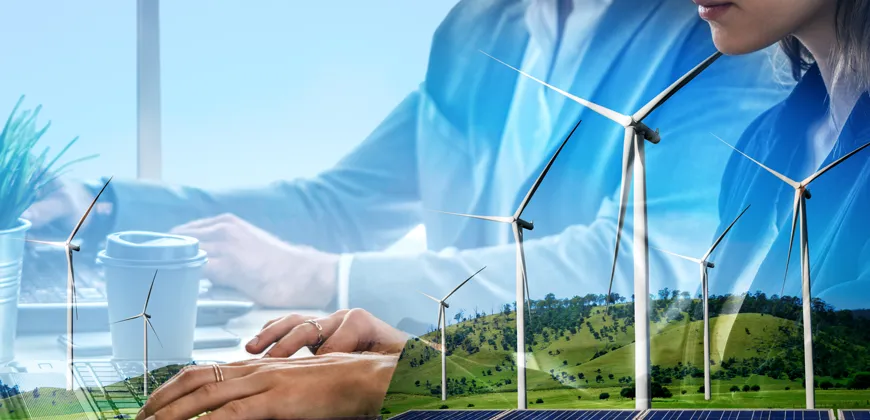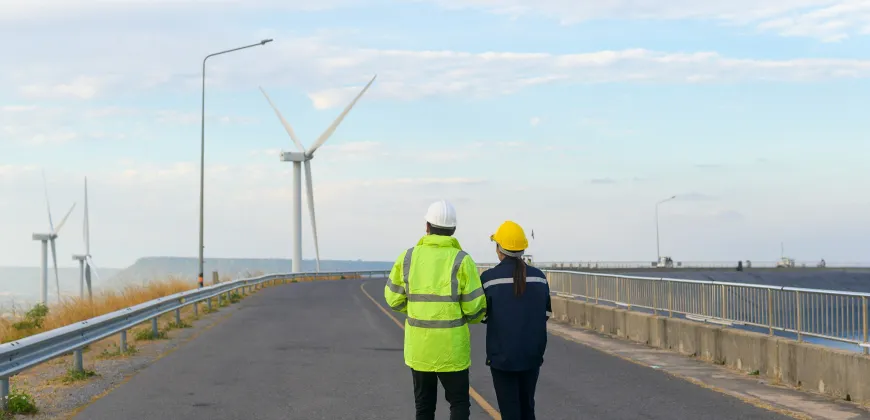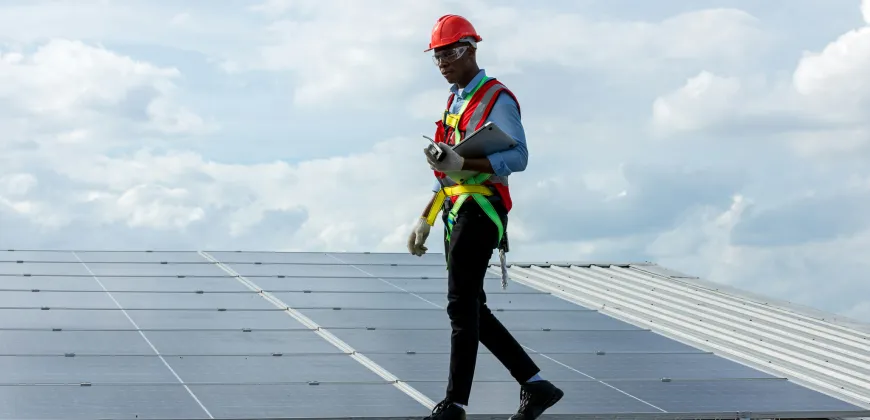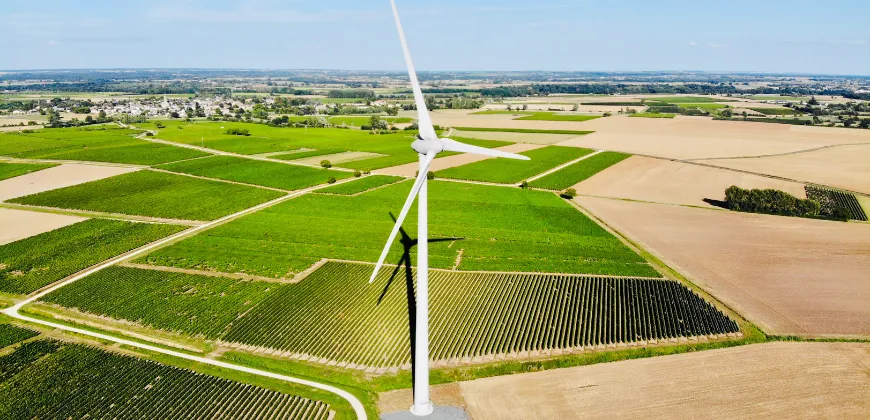Leading the transition to clean energy

By Dr. Vladan Prodanovic, Director of UBC's Master of Engineering Leadership in Clean Energy Engineering
When we talk about addressing the climate challenge facing our planet, renewable energy sources to produce clean energy is without a doubt one of the many initiatives to explore. However, it’s useful to start the conversations on climate change with an understanding of international agreements and then narrow our focus to the actions required locally to limit global warming. The COP26 conference in November 2021 aimed to finalize the outstanding elements of the Paris Agreement – a legally binding treaty on climate change – and achieve consensus on what signatory countries must do to limit the global temperature increase to 1.5°C. Despite the political turmoil that accompanied COP26, I do believe these high-level discussions are essential as they provide guidance and a framework for nations to meet defined targets.
Canada's response to climate change
Canada has now pledged to reduce emissions by 40%-45% from 2005 levels by 2030 as part of our move to net zero by 2050. Getting there will be an interesting challenge that will require action at the national, provincial and municipal levels. BC has certain advantages over other provinces given that close to 100% of our electricity is already supplied through hydro.
But do we have enough clean electricity to meet growing demand, particularly in light of the shift to electric vehicles and the electrification of other sectors?
What advances do we need to see on the renewable production side, transmission and distribution infrastructure, and on reducing energy usage across the board? How do we get the public onside with these changes?
Understanding clean energy technologies
Answering these questions and attaining our emissions targets requires a new kind of professional: people who understand clean energy technologies in terms of the principles behind them, the resources they need to work, their outcomes and the viability of implementing them in specific settings. But these professionals need more than just technological insight – they also need an understanding of government policy, public behaviour and the other strategies and elements that shape and guide actions and decisions.
This is where I believe the Master of Engineering Leadership (MEL) in Clean Energy Engineering stands out from other programs with its blend of high-level technical content and business management leadership courses.
Our program focuses on clean energy technologies: how we generate renewable energy, where we use it and how we can use energy more efficiently. The capstone project is also an important part of the curriculum. It’s an opportunity for students to go deeper into a particular area in clean energy engineering and connect with industry. Historically, we have seen great synergy between our students and their industry partners, and some students have even been hired by their capstone partner or built on the connections they developed through that experience to find work in the field.
Renewable energy has entered the mainstream
Change is happening quickly. Even 10 years ago, people referred to wind and solar as alternative technologies.
Today, renewable energy is no longer alternative and has entered the mainstream, providing more jobs than the oil and gas sector. New technologies are emerging all the time as the science and applied science advances.
Companies across the clean energy sector are engaged in exciting research and projects. In 2016, the MEL in Clean Energy Engineering was likely seen as a bit of a niche program. That’s no longer the case.
Professionals who want to be part of this transformative shift to propel renewable energy forward – leading the widespread changes ahead – should consider the personal and career advantages to be gained from this innovative 12-month professional master's degree.






